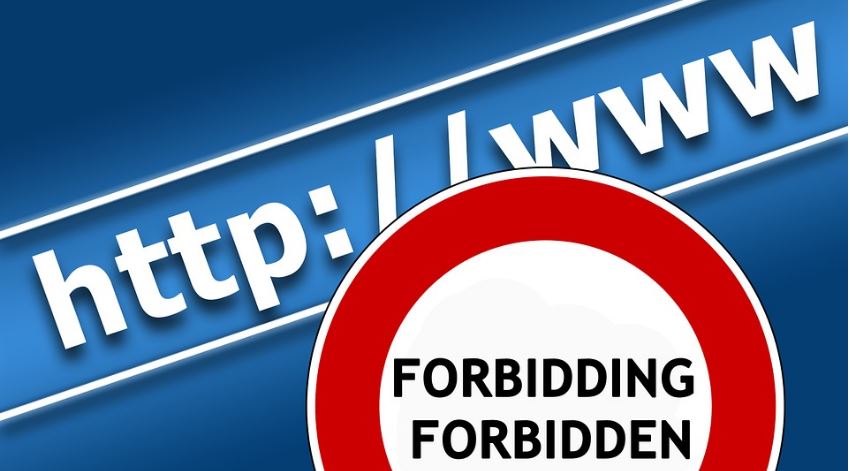While some of us primarily use the internet to watch funny Youtube videos and stalk our ex’s on Facebook, most people use the internet for essential daily tasks that couldn’t be completed any other way. So does this make access to the Internet a human right – just like freedom of religion, access to education and freedom from slavery are universal human rights? The United Nations thinks so.
The United Nations Human Rights Council recently passed a resolution that declares that all people have the right to access the internet and condemns governments that attempt to take away or disrupt that access.
The resolution on “The promotion, protection and enjoyment of human rights on the Internet” was passed last Friday with the support of 70 countries. The resolution notes that “the exercise of human rights, in particular the right to freedom of expression, on the Internet is an issue of increasing interest and importance as the rapid pace of technological development enables individuals all over the world to use new information and communication technologies.”
However, several major world powers – including India, Russia, China, Saudi Arabia and Indonesia – opposed the resolution, particularly an article which “condemns unequivocally measures to intentionally prevent or disrupt access to our dissemination of information online.”
Those countries instead pushed for amendments that would have weakened the resolution’s “human rights based approach” to providing Internet access and moved to remove references to the Universal Declaration of Human Rights and language on freedom of expression from the International Covenant on Civil and Political Rights.
“We are disappointed that democracies like South Africa, Indonesia, and India voted in favour of these hostile amendments to weaken protections for freedom of expression online”, said Thomas Hughes, the executive director of Article 19, a British organization that works to promote freedom of expression and information.
The UN resolution is not legally binding, but serves as a guideline for countries that want to ensure human rights protections and also as a means for activists to put pressure on countries that choose not to comply with the UN’s recommendations.
Human rights advocates have long criticized the Indonesian government for its heavy handed approach to Internet censorship, as well as for its controversial UU ITE law, which criminalizes online statements that could be construed as pornographic or defamatory.




